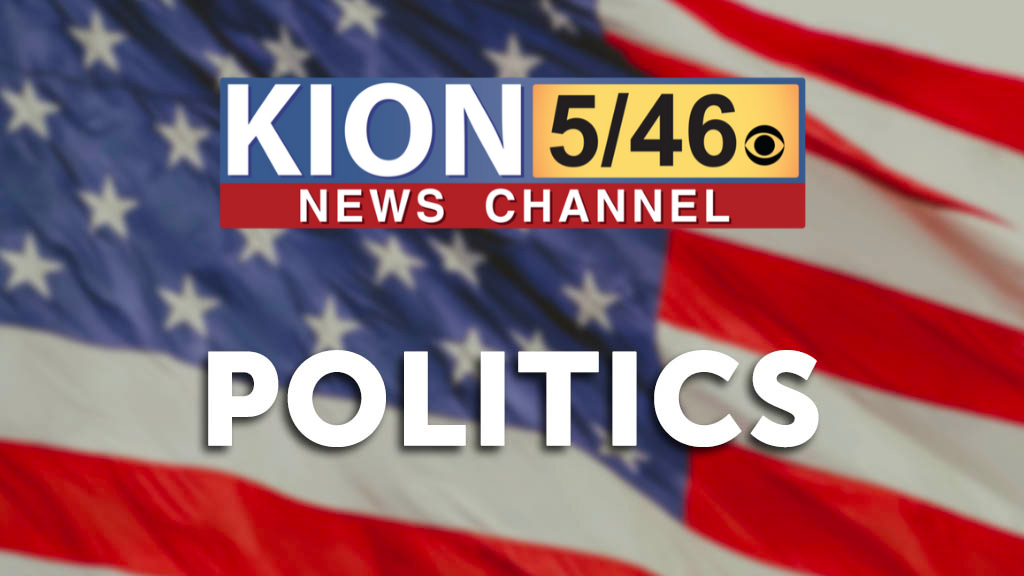Microsoft decried government use of gag orders to keep subpoenas secret in investigations

By Brian Fung and Katelyn Polantz, CNN
Microsoft on Wednesday argued forcefully before Congress that the US government has abused the use of gag orders to keep subpoenas and warrants secret in law enforcement investigations and called for new restrictions on their use.
Microsoft’s vice president of customer security, testifying before the House Judiciary Committee, criticized the government for what the technology giant views as overuse and abuse of nondisclosure orders — court orders preventing companies from notifying their customers when the Justice Department comes knocking for customer account information.
The issue has come to Capitol Hill’s attention after several disclosures where the Justice Department, especially under President Donald Trump, had sought information stored by tech companies for politically sensitive investigations, and prevented the companies from discussing the data collection with their customers — who have ranged from journalists to members of Congress to a former White House counsel.
The Justice Department under President Joe Biden has taken steps to halt the collection of data from newsrooms and dropped the secrecy needs in some of the cases. Yet secret court proceedings where investigators demand information and targets are prevented from knowing enough to oppose them are often the norm, especially in national security investigations.
It is far too easy for law enforcement to target Americans’ emails, text messages and other data hosted by cloud providers, Tom Burt, Microsoft’s VP of customer security and trust, told lawmakers.
What was once a legal tool used in exceptional cases has now become a regular feature of ordinary probes, Burt said in his prepared testimony, with law enforcement “reflexively asking to keep even routine investigations secret.” Although courts are supposed to act as a check on government investigators by rigorously reviewing gag order requests, he added, in practice it is little more than a formality.
“The government has transformed decades-old criminal investigative techniques into secret surveillance operations — all without rigorous review by courts,” Burt argued.
Microsoft alone receives as many as 10 secrecy orders per day and 3,500 per year, a figure that accounts for up to a third of all law enforcement requests the company receives, Burt said, citing an internal review stretching back to 2016.
“Multiply those numbers by every technology company that holds or processes data, and you may get a sense of the scope of the government’s overuse of secret surveillance,” he said.
Microsoft’s congressional testimony comes after it said this month that it had received a Justice Department subpoena during the Trump administration that later turned out to have targeted congressional staff. Apple, which is not testifying, disclosed it had been under a gag order not to reveal subpoenas of records pertaining to lawmakers, congressional staff and journalists.
The companies were unable to disclose the existence of those subpoenas for years, due to court orders that blocked them from telling their customers. It was only until after the orders were finally lifted and the companies informed the subjects of the subpoenas that it became clear Congress was involved, the companies have said.
CNN previously reported that the Apple records requests touching the House Intelligence Committee were intended to scrutinize a senior aide and not Democratic lawmakers themselves.
Still, the revelations sparked questions about the politicization of the Justice Department under Trump and whether specialized law enforcement tools intended for sensitive investigations were being turned against Trump’s perceived political enemies.
For years, Microsoft and the rest of the tech industry have clashed with the government over access to customer data. In a June 13 Washington Post op-ed, Microsoft President Brad Smith wrote that secrecy orders have been widely used by the US government — not just the Trump administration — and that Congress should impose heightened standards governing when and how such orders can be used.
“Congress should prohibit the executive branch from conducting its investigations wholly in secret absent a strong showing of necessity supported by compelling evidence,” Smith wrote. “And even when the government does meet that burden, any secrecy order should be narrowly tailored in time and scope. Third parties responding to such orders should have a mechanism to challenge them. And indefinite gag orders should be unlawful.”
Twitter has also pushed back publicly and in court on secret government subpoenas — after the Justice Department sought data from the company about an account that parodied Republican Rep. Devin Nunes of California, and got a court order to keep the subpoena secret until this spring.
The-CNN-Wire
™ & © 2021 Cable News Network, Inc., a WarnerMedia Company. All rights reserved.